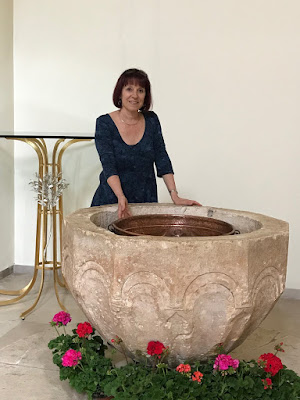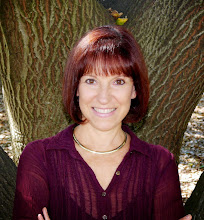 |
| Studies on alcohol consumption often contradict each other. Follow Foods For Long Life on Facebook and Pinterest. |
The Latest Study
It seems like every month or so drinkers get good news or bad news with respect to their drinking habits. Studies on the positive side have indicated that moderate drinking can be good for your heart, reduce the risk of stroke, possibly reduce your risk of diabetes, and even clear your brain of toxic waste. On the negative side, alcohol use has been linked to certain cancers such as breast, mouth, throat and esophageal cancer, as well as pancreatitis, liver disease, and forms of heart disease and stroke.
In the Dietary Guidelines for Americans 2015-2020, the US defines moderate drinking of alcohol to be one drink a day for women and two drinks a day for men. These limits differ in other countries. But this latest study challenges and significantly reduces what has been regarded as safe amounts to drink.
This recent study, that has everyone talking, very specifically links the amount of alcohol consumption to years of reduced mortality. Their results indicated that men or women drinking more than 7 standard drinks a week increases the risk of death from all causes and lowers life expectancy. Drinking 7 to 14 drinks a week was estimated to shorten the lifespan of a 40 year old by half a year and drinking 14 to 25 drinks per week would shorten life by four to five years. Note that, according to this study, men no longer get to enjoy twice the alcohol as women do or said differently, men have health risks at the same low levels as women.
Before you start writing your own obituary or cleaning out your liquor cabinet, I think we need to evaluate the big picture. After all, the Blue Zone centenarians drank moderately and regularly and lived to be 100 or more.
How Alcohol Effects the Body
Alcohol consumption can effect the heart, brain, liver, pancreas, immune system and more. The amount you drink can surely have negative consequences but to specifically set the bar at 5 drinks a week is a bit simplistic. It is my opinion that we need to look at the how else the body is being taxed.
Let's take the liver for example. It is often the organ that takes the biggest beating from alcohol abuse. The liver has an extremely important role. It filters blood and also detoxifies chemicals, and metabolizes the drugs you take. It also produces bile and makes proteins, such as those necessary for blood clotting. Besides alcohol, there are many things that can stress and damage the liver.
The liver converts sugar to fat. Too much refined sugar and high fructose corn syrup can lead to fatty liver disease. Obesity can also lead to liver disease.
Taking excessive acetaminophen, can damage the liver, especially when taken while drinking alcohol. Acetaminophen can be found in over 600 medications! So pay attention, read labels, and add up the different sources of acetaminophen that you are exposed to.
Many other prescription and over-the-counter drugs can tax the liver. Certain antibiotics, non-steroidal anti-inflammatory drugs, heart medications, gout medication, methotrexate, certain antidepressants and antipsychotics, seizure medication, and more.
Eating too much saturated fat, salt, and processed food can lead to liver damage.
On the other hand, there are dietary and lifestyle choices that can help the liver such as eating broccoli, nuts, greens, and blueberries or drinking green tea and coffee. Certain herbs can cleanse the liver such as milk thistle, dandelion root, and schizandra.
Mortality Stats
My point here is that a person who has an unhealthy diet, is overweight, stressed out, and who is taking numerous prescription and non-prescription drugs (especially those containing acetaminophen) is going to be much more at risk from drinking over the 5 drink a week limit recommended by this recent study. They might be at risk if they drink at all. Whereas a person who has a very clean diet, has a healthy weight, drinks plenty of water, takes liver cleansing herbs, and exercises regularly may enjoy a glass or two of wine with dinner each night and live a long and happy life.
I think it all boils down to common sense. Alcohol isn't a health food so people who don't drink shouldn't necessarily start. People who have a healthy life style and are in good health can probably enjoy drinking in moderation, even by the US standard of 1 drink a night for women and 2 drinks a night for men, without alarm.
Full disclosure: One, I'm Italian and starting sipping wine as a baby. Two, we live on a vineyard and make Pinot Noir.

























